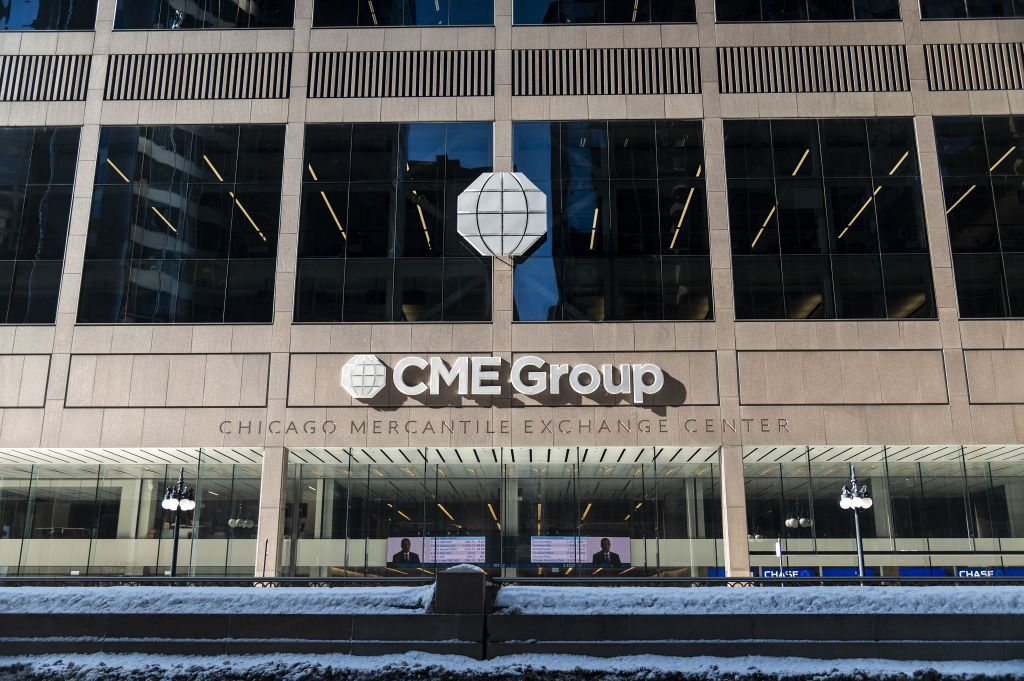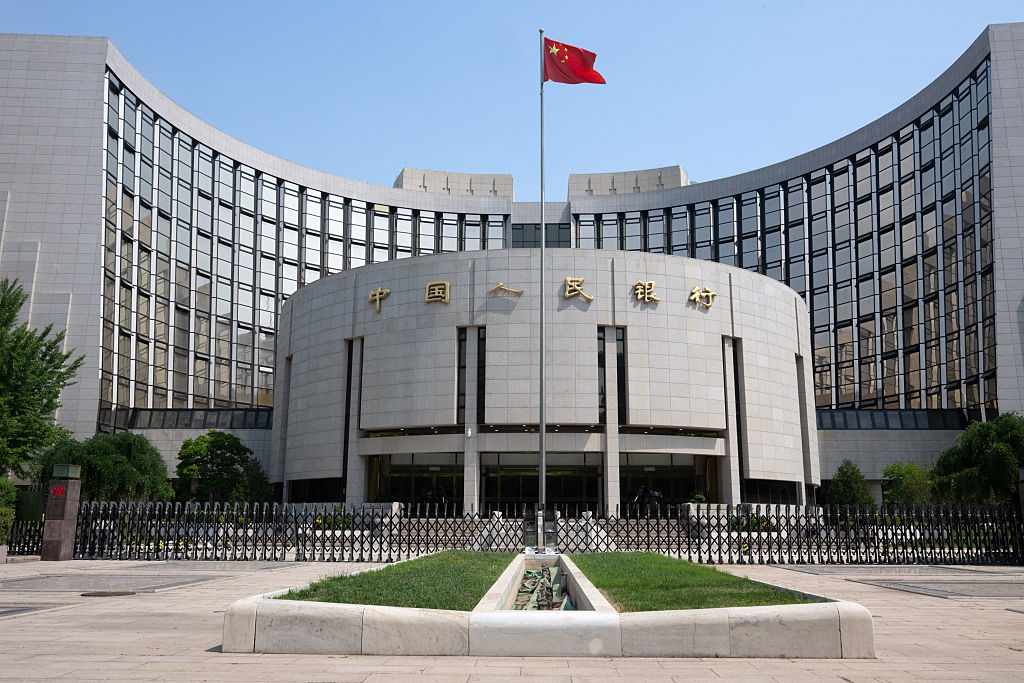Airtel Africa has growth on speed dial. Here's how to play it
Mobile-phone group Airtel Africa is cashing in on the rise of the continent's digital economy and looks set for years of rapid expansion, says Matthew Partridge.


Get the latest financial news, insights and expert analysis from our award-winning MoneyWeek team, to help you understand what really matters when it comes to your finances.
You are now subscribed
Your newsletter sign-up was successful
Want to add more newsletters?
One of the key secular trends in the global economy is the rise of Africa. Thanks to favourable demographics, economic reforms and strong commodity prices, the continent is set to grow strongly over the next few years.
While African GDP fell last year, the decline was only 2%, much smaller than the fall in developed countries, and the region is expect to produce solid growth of around 3%-4% this year.
One interesting way to take advantage of Africa’s boom is through the FTSE-250 company Airtel Africa (LSE: AAF), which offers an unbeatable combination of value and growth.
Try 6 free issues of MoneyWeek today
Get unparalleled financial insight, analysis and expert opinion you can profit from.

Sign up to Money Morning
Don't miss the latest investment and personal finances news, market analysis, plus money-saving tips with our free twice-daily newsletter
Don't miss the latest investment and personal finances news, market analysis, plus money-saving tips with our free twice-daily newsletter
Airtel Africa provides mobile services to around 118 million customers in 14 countries, mainly in east, central and west Africa, including Kenya, Uganda and Nigeria. At present most customers use it to make simple, prepaid voice calls. However, around a third of customers also use Airtel to browse the internet on their phones, with the total amount of data consumed growing by 40%-50% a year over the past few years.
Airtel is investing in rolling out faster 4G-network services to meet this growing demand and developing pricing structures that encourage its consumers to upgrade their plans.
Show me the money
However, by far the most interesting part of Airtel’s business is its provision of mobile banking and money-transfer services through its ownership of a majority stake in Airtel Money. Because the traditional banking infrastructure in Africa is particularly limited, many people are forced to use mobile services to move money around.
In addition to money transfers, both within and between countries, Airtel Money offers savings accounts and even some loans.
While it has only 20 million customers so far, it is growing its customer base at a rate of 30% a year, which is why larger companies are eager to invest in it. Mastercard has bought a small stake in the subsidiary, which will allow Airtel to invest more money in expansion.
Airtel’s overall revenue has grown by around 8% a year between 2017 and 2021 and is expected to keep expanding at a similar, or slightly higher, rate in the next few years.
Strong operating margins and a high return on capital expenditure (a key gauge of profitability) of 15% explain why it made its first profit in 2019 and managed to start paying a dividend last year, when other companies were suspending theirs. Even though Airtel’s share price has tripled since March 2020 and is substantially above its pre-crisis peak, it is still selling for a very low 11 times 2022 earnings, with a dividend yield of 4%.
Airtel’s share price is very close to its 52-week high and above its 50-day and 200-day moving averages, so it seems to have strong momentum behind it. I suggest that you immediately go long at the current price of 98p a share at £40 per 1p. With a stop-loss of 74p, this gives you a maximum total downside of £960.
Get the latest financial news, insights and expert analysis from our award-winning MoneyWeek team, to help you understand what really matters when it comes to your finances.

-
 8 of the best properties for sale with minstrels’ galleries
8 of the best properties for sale with minstrels’ galleriesThe best properties for sale with minstrels’ galleries – from a 15th-century house in Kent, to a four-storey house in Hampstead, comprising part of a converted, Grade II-listed former library
-
 The rare books which are selling for thousands
The rare books which are selling for thousandsRare books have been given a boost by the film Wuthering Heights. So how much are they really selling for?
-
 Should you sell your Affirm stock?
Should you sell your Affirm stock?Affirm, a buy-now-pay-later lender, is vulnerable to a downturn. Investors are losing their enthusiasm, says Matthew Partridge
-
 Profit from pest control with Rentokil Initial
Profit from pest control with Rentokil InitialRentokil Initial is set for global expansion and offers strong sales growth
-
 In the money: how my trading tips fared in 2025
In the money: how my trading tips fared in 2025The success of the open positions offset losses on closed ones, says Matthew Partridge
-
 Coreweave is on borrowed time
Coreweave is on borrowed timeAI infrastructure firm Coreweave is heading for trouble and is absurdly pricey, says Matthew Partridge
-
 Circle sets a new gold standard for cryptocurrencies
Circle sets a new gold standard for cryptocurrenciesCryptocurrencies have existed in a kind of financial Wild West. No longer – they are entering the mainstream, and US-listed Circle is ideally placed to benefit
-
 Profit from other investors’ trades with CME Group
Profit from other investors’ trades with CME GroupCME Group is one of the world’s largest exchanges, which gives it a significant competitive advantage
-
 Investors need to get ready for an age of uncertainty and upheaval
Investors need to get ready for an age of uncertainty and upheavalTectonic geopolitical and economic shifts are underway. Investors need to consider a range of tools when positioning portfolios to accommodate these changes
-
 How much gold does China have – and how to cash in
How much gold does China have – and how to cash inChina's gold reserves are vastly understated, says Dominic Frisby. So hold gold, overbought or not